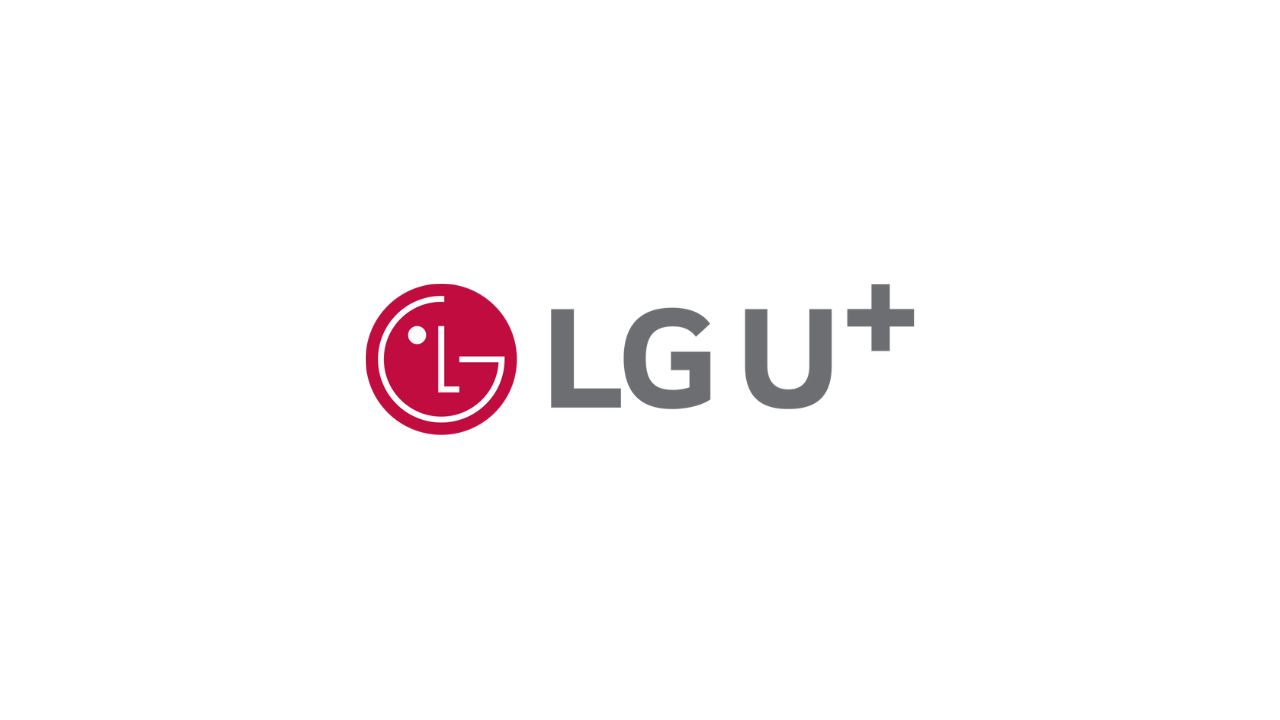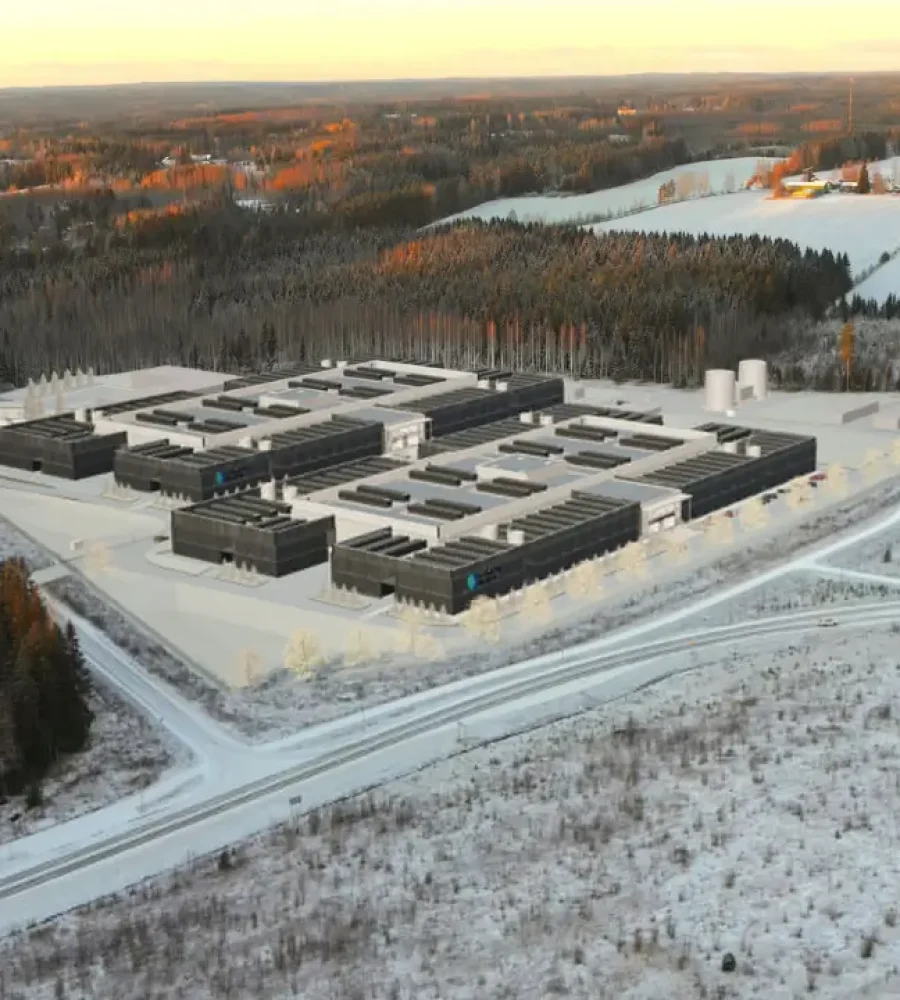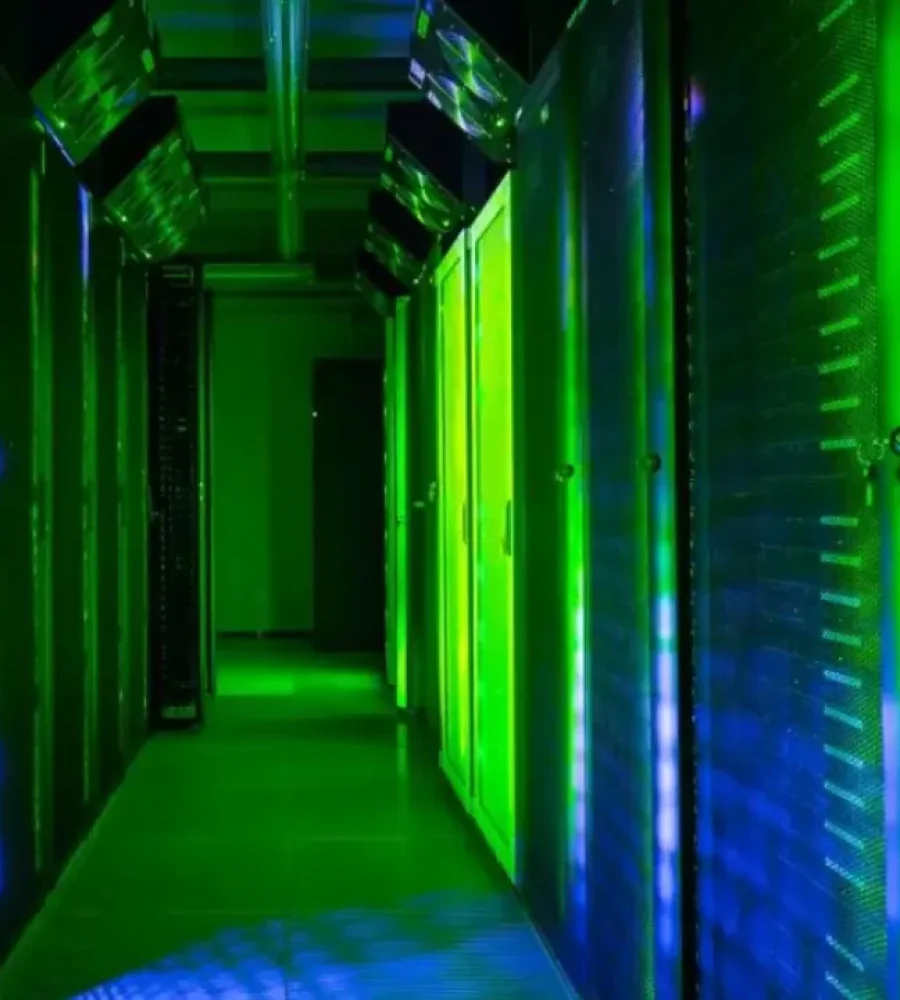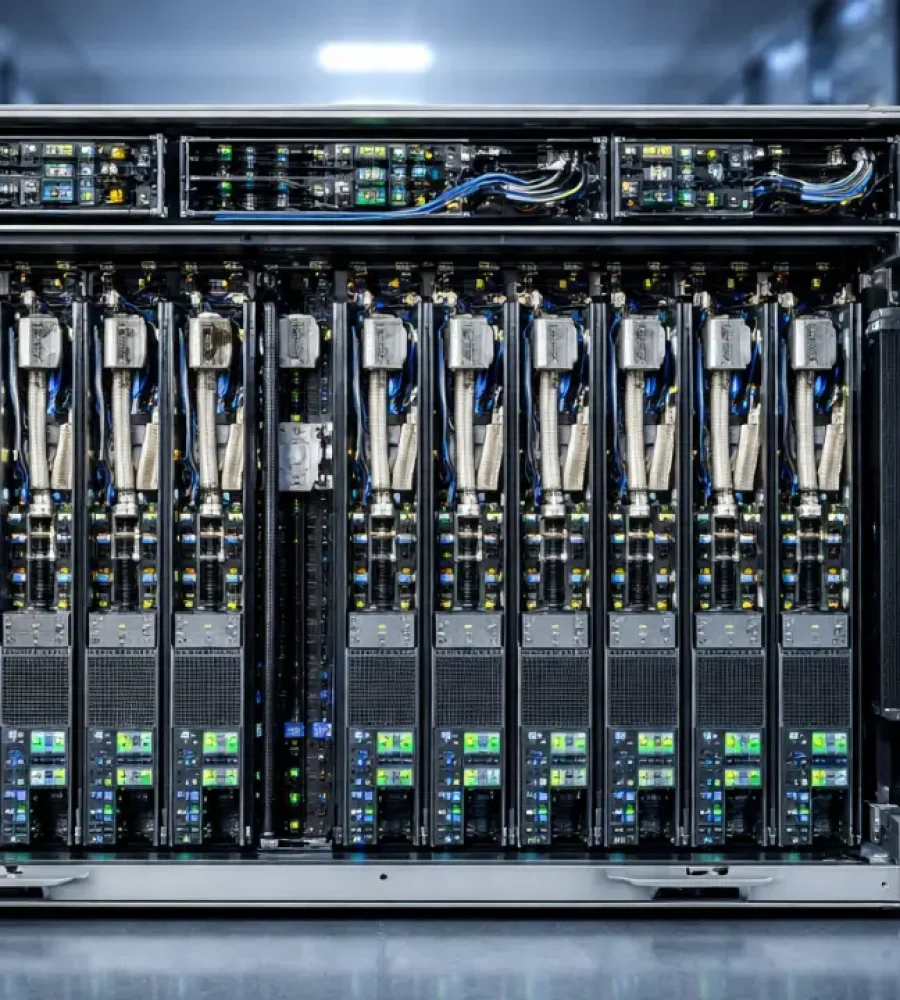LG Uplus plans to launch a pilot project to test AI-powered cooling technologies for its data centers, collaborating with LG Electronics and LG CNS. The initiative will integrate artificial intelligence and digital twin technology to enhance cooling efficiency and reduce energy consumption at LG Uplus facilities.
The project aims to use AI to optimize cooling systems and deploy digital twin simulations to model operations, targeting up to a 10% reduction in cooling energy use. Trials will begin in September at the Pyeongchon 2 Center, where AI algorithms and digital twin models will be tested on chillers and computer room air conditioning (CRAC) units. If successful, the solutions will be rolled out across LG Uplus’s data centers, including the upcoming Paju Center.
LG Uplus currently operates several data centers, including Pyeongchon 1 and 2, Gasan, and Seocho 1, through a unified operations platform, with plans to extend this system to Nonhyeon and Sangam by year-end. The upcoming Paju data center, scheduled to open next year, will feature the AI-based operations system from the start, according to the report.
As part of their collaboration, LG Electronics is developing a digital twin-based control algorithm for CRAC units to determine optimal operating conditions, while LG CNS is creating an AI model of the data center environment. LG CNS also plans to build a scalable platform that can be applied to other facilities in the future.
The initiative aims to establish proprietary, in-house technologies to boost the group’s competitiveness in the data center market. The project will progress through three phases:
- optimizing cooling and air conditioning systems,
- implementing predictive maintenance, and
- expanding integrated monitoring of power and equipment
Jeong Suk-kyung, executive director of the AIDC business at LG Uplus, said: “Although there is high interest in AI-based operations within Korea’s data center industry, real-world applications remain limited. Through this verification project, we will enhance cooling efficiency and elevate the competitiveness of smart data centers across the LG Group.”
The project unites leading global cooling providers like Vertiv and CoolIT Systems with Korean companies such as LG Electronics and Global Standard Technology (GST).
It focuses on testing two primary technologies: direct-to-chip cooling, where coolant circulates through plates affixed to server components, and immersion cooling, which involves submerging servers in a thermally conductive oil bath.










